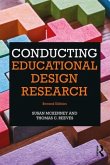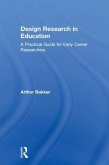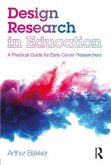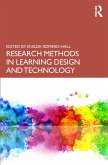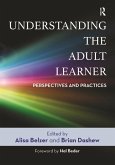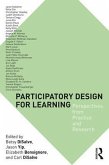Educational design research blends scientific investigation with the systematic development and implementation of solutions to educational challenges. Empirical inquiry is conducted in real learning settings - not laboratories - to craft effective solutions to the complex challenges facing educational practitioners. At the same time, the research is carefully structured to produce theoretical understanding that can serve the work of others.
Conducting Educational Design Research, 2nd Edition has been written to support graduate students as well as experienced researchers who are new to this approach. Part I describes the origins, outcomes, and generic approach. Part II discusses the core processes of the generic approach in detail. Part III recommends how to propose, report, and advance educational design research. In addition to expanded treatment of research goals and practicalities, more examples, and attention to design-based implementation research, this new edition features enhanced guidance. For each of the four core processes, this volume offers:
assessment tools
detailed, behind-the-scenes descriptions of actual project work
examples of how specific theories have been used to enrich the work
For decades, policies for educational research worldwide have swung back and forth between demanding rigor above all other concerns, and increasing emphasis on impact. These two qualities, rigor and impact, need not be mutually exclusive. This volume supports readers in grasping and realizing the potential of educational design research. It demonstrates how rigorous and relevant investigation can yield both theoretical understanding and solutions to urgent educational challenges.
Conducting Educational Design Research, 2nd Edition has been written to support graduate students as well as experienced researchers who are new to this approach. Part I describes the origins, outcomes, and generic approach. Part II discusses the core processes of the generic approach in detail. Part III recommends how to propose, report, and advance educational design research. In addition to expanded treatment of research goals and practicalities, more examples, and attention to design-based implementation research, this new edition features enhanced guidance. For each of the four core processes, this volume offers:
assessment tools
detailed, behind-the-scenes descriptions of actual project work
examples of how specific theories have been used to enrich the work
For decades, policies for educational research worldwide have swung back and forth between demanding rigor above all other concerns, and increasing emphasis on impact. These two qualities, rigor and impact, need not be mutually exclusive. This volume supports readers in grasping and realizing the potential of educational design research. It demonstrates how rigorous and relevant investigation can yield both theoretical understanding and solutions to urgent educational challenges.


